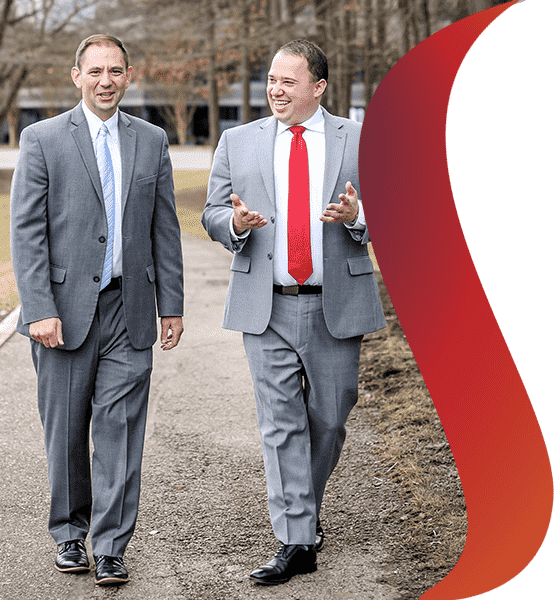Thankfully, family law involves more than just divorce, custody, and visitation battles. The lighter side of family law in Virginia involves creating families through the process of adoption. Some of our favorite moments practicing law have come not from defeating an opponent or winning a big trial but from guiding families into a new, exciting phase of their lives and from helping children come from a difficult situation into a loving home.
Virginia offers families several options when it comes to adoption, including stepparent adoption, direct placement adoption, and foster parent adoption.
Stepparent Adoption
The most common form of adoption is stepparent adoption. This typically occurs where a biological parent hasn’t been involved in their child’s upbringing for a period of time. When both the new stepparent and the biological parent all agree to the adoption, the process typically does not involve going to court. The stepparent and biological parent join in a petition asking the court for an adoption order, while the biological parent who is agreeing to the adoption signs an affidavit terminating their parental rights. Similarly, a close relative may also petition the courts to adopt a child if the child has been living with the relative and the parents give their consent.
Direct Placement Adoption
One of the more complicated adoption processes in Virginia occurs when a prospective adopting couple seeks to adopt an unborn child, known as a direct placement adoption. Typically, the prospective parents will contract with an adoption agency to connect them with a biological mother. The attorney will prepare the documents that will allow the baby to leave the hospital with the adoptive parents. Once the baby is born, the attorney for the adoptive parents will file a petition in the appropriate juvenile and domestic relations court, where the parties will appear before a judge to submit the biological parents’ consent to terminate their parental rights. Once this is done, the case then moves on to circuit court, where there will be a waiting period before the adoption can be finalized. While the matter is pending in court, the adoption agency will conduct a home study and several home visits for the child. The entire process can take between 6 and 12 months before the court enters a final order of adoption.
Note that the adoptive parents and biological parents can enter into a contract, known as a post-adoption contact and communication agreement, or a PACCA. This can be an important tool to ensure that the child knows their biological parents throughout their life.
Foster Parent Adoption
Another common form of adoption is a foster parent adoption. After a couple has fostered a child and the biological parents have either not complied with services or maintained contact with their child while the child has been in foster care, the Department of Social Services may ask the court to terminate the biological parents’ parental rights and move forward with the process of adoption. This adoption type is typically done in conjunction and coordination with the social worker and the attorneys working for the Department of Social Services.
Next Steps for a Virginia Adoption
Adoption can be a complicated process, and any prospective adoptive parent should consult with an experienced attorney. For more information about any of the above, or for any family law, criminal law, or personal injury matter, please contact the firm today.
This post is provided as an educational service and should not be construed as legal advice. Readers who need assistance with a legal matter should retain the services of competent counsel.


